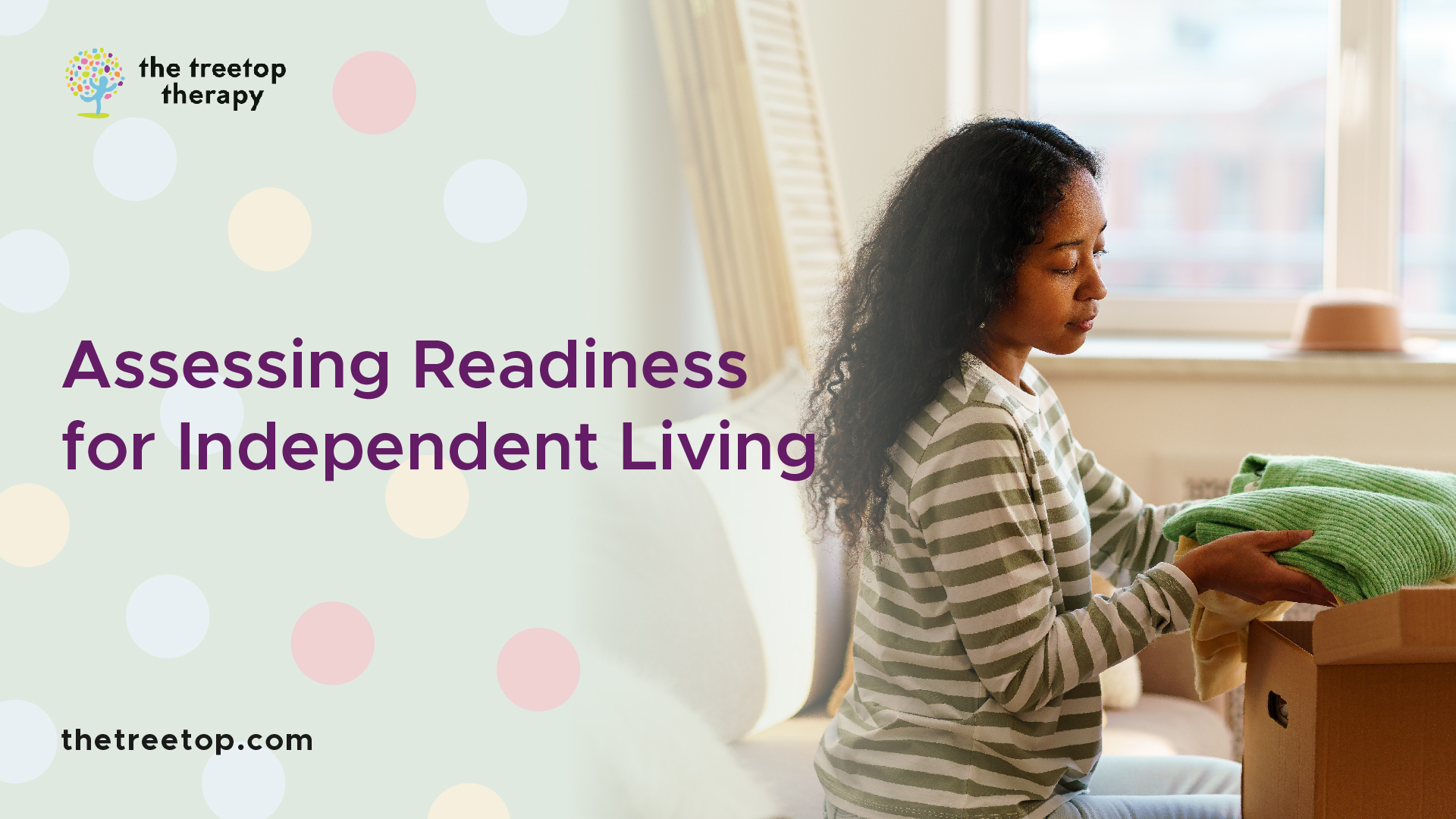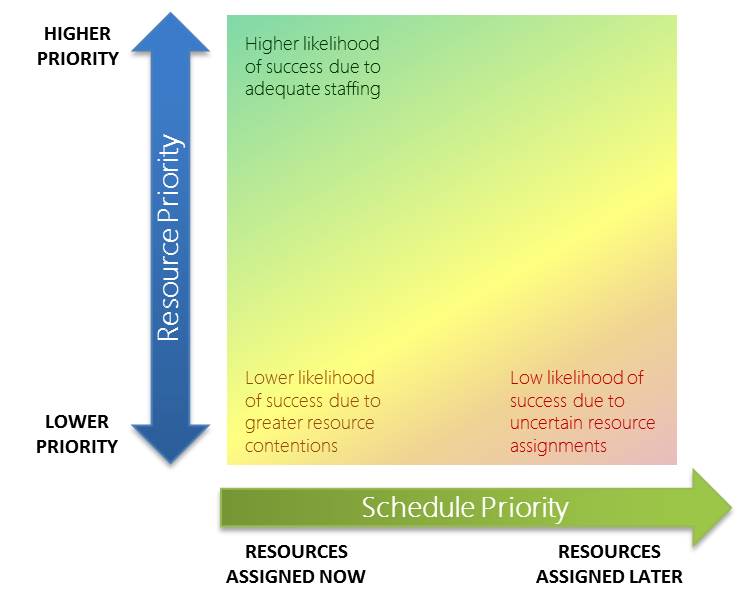Is It Time to Spread Your Wings?
For many 19-year-olds, the desire for independence and autonomy can be overwhelming. Feeling suffocated at home, wanting to make their own decisions, and having a steady income can be signs that it’s time to consider moving out. However, it’s essential to evaluate whether this decision is right for you. Moving out at 19 can be a daunting experience, but with careful consideration and planning, it can also be a liberating and empowering one.
One of the primary reasons young adults consider moving out is to gain independence. Living with parents or guardians can be restrictive, and the desire for freedom and autonomy can be strong. However, it’s crucial to consider whether you’re ready for the responsibilities that come with independent living. This includes managing finances, cooking, cleaning, and taking care of oneself.
Another sign that it might be time to move out is having a steady income. If you have a reliable job or a stable source of financial support, you may feel more confident in your ability to support yourself. However, it’s essential to consider whether your income is sufficient to cover the costs of living independently, including rent, utilities, and food.
Ultimately, the decision to move out at 19 should be based on careful consideration and evaluation of your readiness for independent living. It’s essential to weigh the pros and cons, consider your financial stability, emotional maturity, and life skills before making a decision. By doing so, you can ensure that you’re making an informed choice that’s right for you.
For those who are considering moving out, it’s essential to start planning and preparing early. This includes researching different neighborhoods, finding a place to live, and building a support network. By taking the time to plan and prepare, you can set yourself up for success and make the transition to independent living as smooth as possible.
Assessing Your Readiness for Independent Living
Before making the decision to move out at 19, it’s essential to assess your readiness for independent living. This involves evaluating your financial stability, emotional maturity, and life skills. By taking the time to assess your readiness, you can ensure a smooth transition to independent living and avoid potential pitfalls.
Financial stability is a critical factor to consider when evaluating your readiness for independent living. This includes having a steady income, managing debt, and creating a budget. It’s essential to consider whether you have enough financial resources to cover the costs of living independently, including rent, utilities, and food. You should also consider building an emergency fund to cover unexpected expenses.
Emotional maturity is another crucial aspect to evaluate when considering independent living. This includes being able to manage stress, make responsible decisions, and maintain healthy relationships. It’s essential to consider whether you have the emotional maturity to handle the challenges of independent living, including managing conflicts with roommates or neighbors.
Life skills are also essential for independent living. This includes cooking, cleaning, time management, and self-care. It’s essential to consider whether you have the necessary life skills to maintain a healthy and safe living environment. You should also consider taking classes or workshops to improve your life skills, such as cooking or budgeting.
Assessing your readiness for independent living is a critical step in the process of moving out at 19. By taking the time to evaluate your financial stability, emotional maturity, and life skills, you can ensure a successful transition to independent living. Remember, it’s better to take the time to assess your readiness than to rush into a decision that may not be right for you.
When assessing your readiness, consider asking yourself questions like: Do I have a steady income? Can I manage my debt? Do I have a budget in place? Am I emotionally mature enough to handle the challenges of independent living? Do I have the necessary life skills to maintain a healthy and safe living environment? By answering these questions honestly, you can get a better understanding of your readiness for independent living.
Creating a Moving-Out Plan: Setting Goals and Priorities
Once you’ve decided to move out at 19, it’s essential to create a moving-out plan that sets realistic goals and priorities. This plan should include finding a place to live, managing finances, and building a support network. By having a clear plan in place, you can ensure a smooth transition to independent living.
First, start by setting specific, measurable, and achievable goals for your move. This could include finding an apartment within a certain budget, securing a job or internship, or building a support network of friends and family. Make sure to prioritize your goals, focusing on the most critical aspects of your move.
Next, create a timeline for your move, including key milestones and deadlines. This could include tasks such as researching neighborhoods, viewing apartments, and signing a lease. Be sure to leave some buffer time in case things don’t go as planned.
When it comes to finding a place to live, consider factors such as location, affordability, and safety. Research different neighborhoods and communities, and prioritize your needs and wants. Make sure to also consider the cost of living in your desired area, including rent, utilities, and food.
Managing finances is also a critical aspect of moving out at 19. Create a budget that accounts for all of your expenses, including rent, utilities, food, and transportation. Be sure to also prioritize saving and emergency funding, in case unexpected expenses arise.
Building a support network is also essential for young adults moving out for the first time. This could include staying connected with family and friends, joining social groups or clubs, and finding a community of like-minded individuals. Don’t be afraid to reach out for help when you need it – having a support network can make all the difference in your transition to independent living.
By creating a moving-out plan that sets realistic goals and priorities, you can ensure a successful transition to independent living. Remember to stay flexible, prioritize your needs and wants, and don’t be afraid to ask for help when you need it.
How to Find Your First Apartment: Tips and Tricks
When it comes to finding your first apartment, it can be a daunting task, especially for young adults moving out at 19. However, with the right strategies and resources, you can find a place that meets your needs and budget. Here are some tips and tricks to help you find your first apartment:
Start by researching online resources, such as apartment finder websites and social media groups. These platforms can provide you with a wealth of information about available apartments, including prices, amenities, and reviews from current or former tenants.
Next, consider the neighborhood and community. Think about factors such as safety, proximity to work or school, and access to public transportation. You should also research the local amenities, such as grocery stores, restaurants, and parks.
When viewing apartments, make sure to take notes and ask questions. Consider factors such as the condition of the apartment, the quality of the appliances and fixtures, and the responsiveness of the landlord or property manager.
It’s also essential to prioritize your needs and wants. Make a list of the features that are must-haves for you, such as a certain number of bedrooms or a specific location. Then, consider the features that are nice-to-haves, such as a pool or a gym.
Additionally, be sure to read reviews and ask for references from current or former tenants. This can give you a better sense of the landlord or property manager’s reputation and the overall quality of the apartment complex.
Finally, don’t be afraid to negotiate. If you find an apartment that you love, but the price is a bit out of your budget, try negotiating with the landlord or property manager. They may be willing to work with you to find a mutually beneficial agreement.
By following these tips and tricks, you can find a great first apartment that meets your needs and budget. Remember to stay patient, persistent, and open-minded, and you’ll be well on your way to finding the perfect place to call home.
Managing Your Finances: Budgeting for Independent Living
When it comes to managing your finances as a young adult moving out at 19, creating a budget is essential. A budget will help you track your income and expenses, make smart financial decisions, and achieve your financial goals. Here are some tips on how to create a budget and manage your expenses:
First, start by tracking your income and expenses. Write down everything you earn and spend money on, including rent, utilities, food, transportation, and entertainment. This will help you identify areas where you can cut back and make adjustments.
Next, categorize your expenses into needs and wants. Needs include essential expenses such as rent, utilities, and food, while wants include discretionary expenses such as entertainment and hobbies. Make sure to prioritize your needs over your wants.
Then, set financial goals for yourself. Do you want to save money for a car or a down payment on a house? Do you want to pay off debt or build up your credit score? Having clear financial goals will help you stay motivated and focused.
When it comes to managing your expenses, consider the 50/30/20 rule. Allocate 50% of your income towards needs, 30% towards wants, and 20% towards saving and debt repayment. This will help you strike a balance between enjoying your life and achieving your financial goals.
Additionally, take advantage of budgeting tools and resources. There are many apps and websites available that can help you track your expenses, create a budget, and set financial goals. Some popular options include Mint, You Need a Budget (YNAB), and Personal Capital.
Finally, remember that budgeting is a process, and it may take some time to get it right. Be patient, stay consistent, and make adjustments as needed. With time and practice, you’ll become a pro at managing your finances and achieving your financial goals.
Building a Support Network: Friends, Family, and Community
When moving out at 19, it’s essential to build a support network of friends, family, and community. This network can provide emotional support, practical help, and a sense of belonging, which are crucial for a young adult’s well-being and success.
Staying connected with family and friends is vital when moving out. Regular phone calls, video chats, and visits can help maintain relationships and provide a sense of comfort and familiarity in a new environment. It’s also essential to make an effort to stay in touch with loved ones, even if it’s just a quick text or social media update.
In addition to family and friends, joining social groups and clubs can help young adults build a community of like-minded individuals. This can include sports teams, book clubs, or volunteer groups, which can provide opportunities to meet new people and develop new interests.
Another way to build a support network is to get involved in the local community. This can include participating in neighborhood events, joining a community garden, or volunteering at a local charity. By getting involved in the community, young adults can meet new people, develop new skills, and feel a sense of belonging and connection to their new environment.
It’s also essential to consider the importance of mental health support when moving out. Young adults may experience feelings of loneliness, anxiety, or depression when adjusting to a new environment. Having a support network in place can help provide emotional support and connect young adults with resources and services that can help them manage their mental health.
Finally, building a support network takes time and effort. It’s essential to be patient, persistent, and open-minded when meeting new people and trying new things. By building a strong support network, young adults can set themselves up for success and create a fulfilling and happy life in their new environment.
Practical Life Skills for Young Adults: Cooking, Cleaning, and More
When moving out at 19, it’s essential to have practical life skills to ensure a smooth transition to independent living. This includes cooking, cleaning, time management, and self-care. By mastering these skills, young adults can maintain a healthy and safe living environment, manage their time effectively, and prioritize their well-being.
Cooking is a fundamental life skill that every young adult should possess. It’s essential to know how to prepare simple and nutritious meals, including breakfast, lunch, and dinner. Start by learning basic cooking techniques, such as boiling, steaming, and sautéing. You can also find plenty of recipes online or in cookbooks to get started.
Cleaning is another crucial life skill that’s often overlooked. It’s essential to maintain a clean and hygienic living environment to prevent the spread of illnesses and pests. Start by creating a cleaning schedule, including daily, weekly, and monthly tasks. This can include tidying up, vacuuming, and doing laundry.
Time management is also a vital life skill for young adults. It’s essential to prioritize tasks, set goals, and manage time effectively to achieve success. Start by creating a schedule, including time blocks for work, study, and leisure activities. You can also use tools like calendars, planners, and apps to stay organized.
Self-care is also essential for young adults, especially when moving out for the first time. It’s essential to prioritize physical and mental health, including exercise, meditation, and socializing. Start by creating a self-care routine, including activities that bring you joy and relaxation.
Finally, it’s essential to remember that practical life skills take time and practice to develop. Don’t be too hard on yourself if you make mistakes or struggle at first. With patience, persistence, and practice, you can master the skills you need to thrive in your new environment.
Staying Safe and Secure in Your New Home
When moving out at 19, it’s essential to prioritize safety and security in your new home. This includes taking safety precautions, being prepared for emergencies, and being aware of your neighborhood. By taking these steps, you can ensure a safe and secure living environment.
Start by taking safety precautions, such as installing smoke detectors and carbon monoxide detectors, and keeping a fire extinguisher on hand. You should also make sure that your doors and windows are secure, and consider investing in a home security system.
Being prepared for emergencies is also crucial. Make sure you have a first aid kit and a emergency contact list, and know what to do in case of a power outage or natural disaster. You should also have a plan in place for emergency situations, such as a fire or a break-in.
Neighborhood awareness is also important for staying safe and secure. Get to know your neighbors and the local community, and be aware of any potential safety concerns in the area. You should also keep an eye out for suspicious activity and report any concerns to the authorities.
Finally, remember that safety and security are ongoing concerns. Stay vigilant and take steps to maintain a safe and secure living environment. By prioritizing safety and security, you can enjoy a peaceful and secure living experience in your new home.
By following these tips and taking the necessary precautions, you can ensure a safe and secure living environment in your new home. Remember to always prioritize your safety and security, and don’t hesitate to seek help if you need it.








